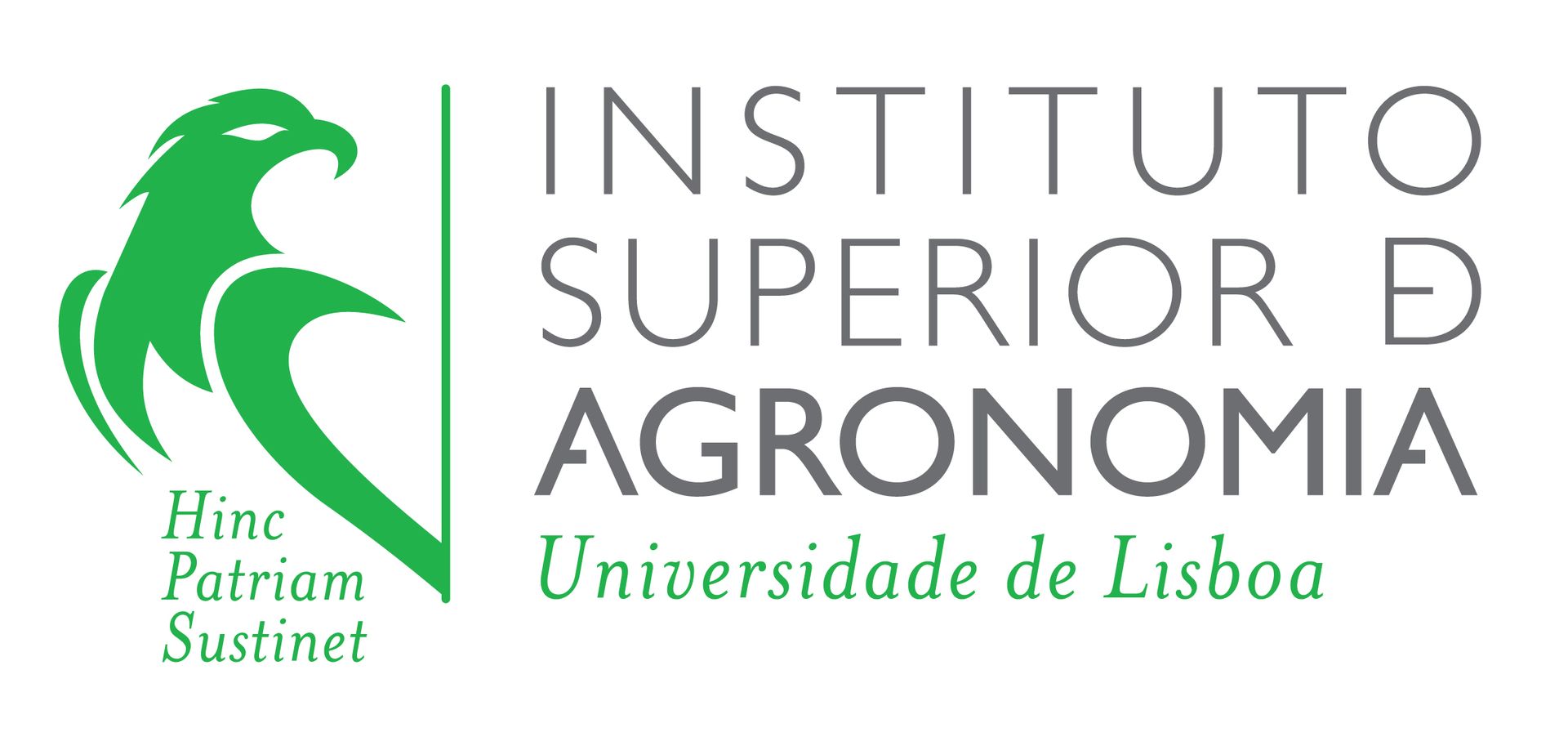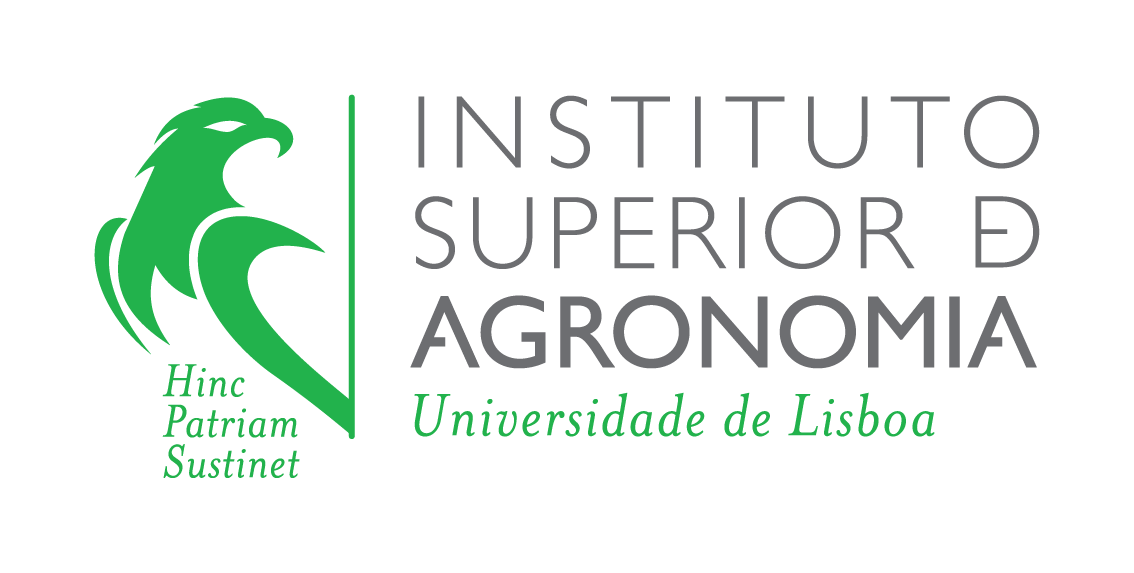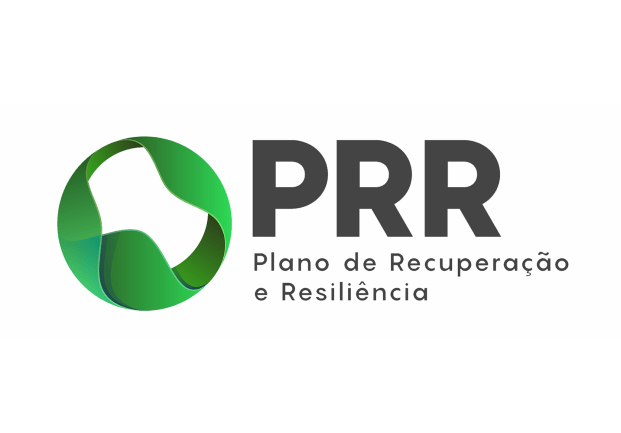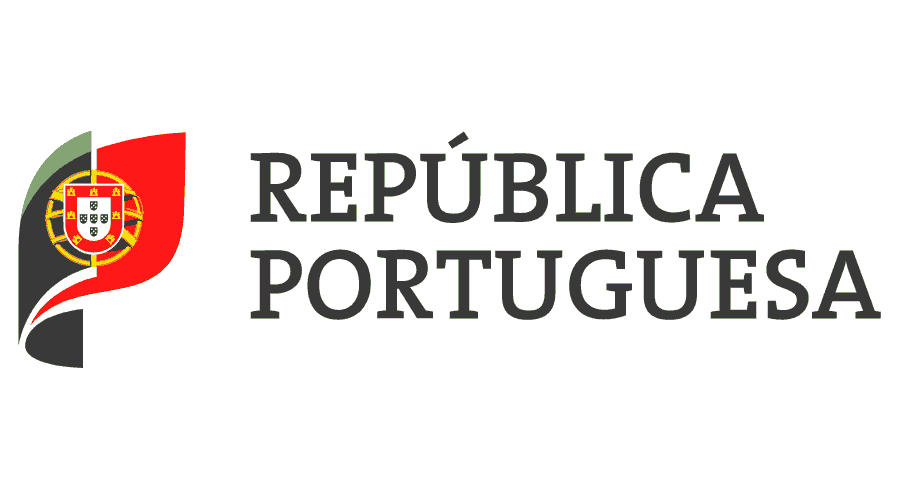Fim das inscrições em:
Welcome to Our Postgraduate Program
Objetivos
Recognizing the importance of Islamic culture in the body of knowledge of Garden Art in Portugal, transmit technical knowledge in the areas of landscape interpretation, conservation, restoration, history, hydraulics, garden archaeology, and botany related to Islamic culture.
Students will acquire an awareness of the evidence of Islamic culture in Portuguese gardens, cities, and landscapes, as well as an interest in garden design and interpretation. Restoration issues will be developed.
The students' ability to understand the design elements derived from Islamic Garden typologies can be enhanced for a greater sensitivity to examples from the Mediterranean world where "From ecology arises the art of landscape, with roots in the deep past" (Landscape of Man, Susan and Geoffrey Jellicoe, 1987).
It is expected that the outcomes of the Aga Khan Historic Cities Programme (AKHCP) and the resulting effects on the neighborhoods where it is implemented will bring innovative case studies for students to acquire knowledge of these new forms of urban planning for architects, landscape architects, sociologists, and urban historians.
Destinatários
The course is aimed primarily at professionals in the fields of Landscape Architecture, History, Garden Art History, and History of Sciences who wish to deepen the specific topic of traces of Islamic art in Portuguese gardens. It also can serve as an optional credit unit for Master's and Doctoral courses and finally it can be useful to history or garden history enthusiasts.
Requisitos
- Update/Requalification (with prior knowledge and Bachelor's degree).
- Training course/Specialization (Postgraduate)
Candidaturas
Abertura - January 2024
Fecho - 19th February 2024
Quero Candidatar-me!
Coordenação e Formadores
Cristina Castel-Branco (ISA)
Scientific Committee:
Shiraz Allibhai (Director Adjunto do Aga Khan Trust for Culture)
Raj Isar, (Director de Educação do Aga Khan Trust for Culture)
James Wescoat (Massachusetts Institute of Technology – MIT)
Attilio Petruccioli (Bibliotheca Orientalis)
Teaching Staff
Cristina Castel-Branco (ISA)
Shiraz Allibhai (AKTC)
Raj Isar (AKTC)
James Wescoat (MIT)
Attilio Petruccioli (Bibliotheca Orientalis)
Hermenegildo Fernandes (FLUL)
Manuel Fialho Silva (CHUL)
Isabel Cristina Fernandes (GEsOS)
Henrique Leitão (FCUL)
Juan Acevedo (FCUL)
José Tito Rojo (U. Granada)
Emma Clark (The Prince’s School of Traditional Arts)
Santiago Macias (FLUL)
Jessica Hallett (FCGulbenkian)
Alexandre Pais (MNAzulejo)
Vladimir Djurovic
Teresa Marques (FCUP)
Ana Luísa Soares (ISA)
Pedro Arsénio (ISA)
Sónia Talhé Azambuja (ISA)
Maria Matos Silva (ISA)
Raquel Carvalho (ISA)
Informações
-
Tipo de CursoItem de lista 1
Assessment and Postgraduate course diploma
-
Funcionamento
3 hours per week (on Fridays) for 10 weeks. 5 field trips. Two days workshop. Assessment at the end of the semester.
-
DuraçãoItem de lista 2
The complete course will have a total of 73 hours of contact and 255 hours of training
-
Data do InicioItem de lista 3
23rd February 2024
-
Data do FimItem de lista 4
7th June 2024
-
Regime
Working/After-working hours
In-person/Online/Hybrid.
-
Horário
Schedule and days: Friday afternoons and a weekend for the workshop and 1 field trip.
-
Créditos
12 credits
-
Avaliação
Students will make a submission for Evaluation by choosing from the following themes: Landscape architecture; Islamic art; Garden restoration; History of garden art; Water management; Botany, and using one of the 5 alternative formats:
• Book review article
• Multiple-choice exam
• Oral exam
• Project
• Power point presentation of a case study
-
Vagas
25
-
Preço
400€ (registrations until february 5th)
500€ (registrations after february 5th)






